When a racehorse is killed there’s not a question of the jockey just getting up, sauntering back to the paddock and mounting the next ride as if nothing has happened. It’s not like Formula One, where a driver can have a crash, climb out of the wreckage and walk away without looking back before climbing into a new car next time out.
I became a jockey for no other reason than I love horses and love the relationship I have with them. It’s why I still ride out now, even when I’m retired. Sometimes I even think I prefer horses to people, such is the bond and affinity I have with them.
Anyone who believes jockeys, trainers, stewards, valets, stable lads and owners are blasé about the death of a racehorse couldn’t be more wrong. Unfortunately equine fatalities happen, and more often than anyone would like. Each one, whether in a high-profile race like the Champion Hurdle or a late afternoon bumper on a small provincial course in front of a couple of dozen spectators, hurts those involved deeply.
I won twice at the Cheltenham Festival on Wichita Lineman, once over hurdles and then in the 2009 William Hill Trophy Handicap Chase, a race which has been frequently touted as one of the best rides I or anyone else gave a horse. I certainly wouldn’t claim that but I do feel strongly that Wichita Lineman himself didn’t get half the credit he deserved for that run.
FATAL FALL
A month or so after that ride in the William Hill at Cheltenham he ran in the Irish Grand National at Fairyhouse with awful consequences. He fell at the first fence, just clipping it as he went over, and was absolutely fine, jumping up straightaway. Unfortunately another horse came over the fence, couldn’t avoid Wichita Lineman, there was an inevitable collision and the poor horse was left on the ground with a broken back.
I’d taken a pretty heavy fall and was a bit sore, but when I saw him distressed on the ground I went over and lay on him in effort to calm him down and keep him as comfortable as I could until the vet arrived. I knew it was bad and probably fatal, but even so when the vet took a look at him and told me he wasn’t going to get up I cried. I loved that horse, it was like I’d lost a mate.
Only a month earlier he’d put up one of the great Cheltenham performances, and now there he was, behind the screens, being put out of his pain and misery on the damp turf of Fairyhouse.
The death of Wichita Lineman had a profound effect on me in the same way Gloria Victis and Valiramix did, but probably the worst of the lot was Synchronised. He was the horse with whom I had the closest bond of them all. His death at the 2012 Grand National, just four weeks after his triumph in the Cheltenham Gold Cup, was one of the hardest things I had to deal with in my career. Even today I can’t help looking back and thinking ‘what if . . .’ and the memory of what happened can still move me to tears.
SPOOKED AT START
Before the start of the Grand National Synchronised was spooked by a tape, causing me to fall off. He got loose, delaying the start, but didn’t get very far. I can’t tell you how often I’ve wished I hadn’t remounted, that he’d galloped off, that he hadn’t run. I’ve seriously wondered whether the moment he was spooked it was someone or something trying to tell me something.
In the cold light of day, taking the consequences out of the equation as much as I can, the reality was that he hadn’t been stressed by the experience, had only jogged off and not done any excessive exercise so was still in perfect condition to race.
After the amazing Cheltenham we’d had I didn’t want to take away his chance of running in the National, so I brought him round to the start again and away we went. He jumped the first half a dozen fences beautifully, but the big drop at Becher’s caused him to knuckle over and off I came. I was pretty sore as I lay on the ground, but as I could see him galloping off with a few other loose horses I thought, thank goodness, he’s all right.
I climbed into a passing jeep with former jockey Niall Hannity, and he asked if I was all right. I was sore around the ribs but said I was fine, and he said ‘great, and the horse is all right too’. If you’re going to come off in the National then that’s about as good an outcome as it gets. As we got close to the weighing room I could hear some chatter over the doctor’s radio, saying that such-and-such a jockey was okay but one of the other horses, Synchronised, had been badly injured and would have to be put down.
My stomach turned over. Did I hear that right? Surely I didn’t hear that right.
‘Niall,’ I said, ‘I didn’t hear that right, did I? They’re not going to put Synchronised down?’
He turned to look at me and said, ‘I’m so sorry, A.P..’
I just started crying. It turned out that I’d broken a couple of ribs in the fall but that was nothing to the pain that seared through me as the news sank in. How? How could Synchronised possibly have been mortally injured? He was fine! He’d skipped off with a bunch of other loose horses, I’d seen him go with my own eyes! As I went back to the weighing room in search of news I still nurtured a faint hope that maybe it had all been a terrible mistake, maybe what we’d heard as ‘Synchronised’ was just someone saying ‘euthanised’ about another horse. Alas, J.P. and Jonjo came into the weighing room and the expressions on their faces were enough to tell me my worst fears had been correct.
The room swam in front of my eyes. With Gloria Victis, Valiramix and Wichita Lineman I’d seen they were grievously injured, it was obvious. It didn’t make it any easier to bear but at least I knew first-hand what had happened. But Synchronised had got straight up from the fall and galloped off without a care in the world. It turned out that he’d followed the other horses around the course but when he’d jumped the 11th he’d come down awkwardly and fractured the tibia and fibula of his right hind leg. There was nothing else for it in those circumstances than to put him to sleep.
PAINFUL LOSS
I got home that night and went straight to bed. No socialising, none of the traditional post-National high jinks, I just wasn’t able for it. All I wanted was to be alone. I couldn’t sleep, either from the pain in my ribs or the grief at the loss of that incredible horse – it was hard to tell which.
It was one of the few times in my life that I’ve felt mentally weak and helpless. I was – and remain – deeply affected by what happened to Synchronised and it took me days to even stop crying. I felt tortured and carried lots of guilt, going through every possible scenario that might have avoided this dreadful outcome: if when he got loose I hadn’t caught him, hadn’t got back on him. They’d delayed the race while I got him under control again and remounted: what if they’d just said, sorry A.P., we’ve got to start without you? What if one of us had said, he’s won the Gold Cup, let’s not put him in the Grand National?
Sometimes I’ll think even today that I wish we hadn’t run him. He’d still be here, then. But you can’t look back wishing. We’d run him for the very good reason that he was tailor-made for the National and at the peak of his powers. It’s one of those moments in life when you wish so hard that it aches that you could go back and change everything, do whatever it takes to alter the outcome, but ultimately you have to conclude that it must have been fated to happen somehow.
I try and cheer myself up a little by bringing to mind the incredible ride he’d given me a month before his death, arguably the ride of my career, but in truth I’ve never got over the death of Synchronised and probably never will.
WINNER: My Racing Life by A.P. McCoy is published by Orion at €29.50 in hardcover. Available from all good bookshops, and also as an audiobook and ebook.
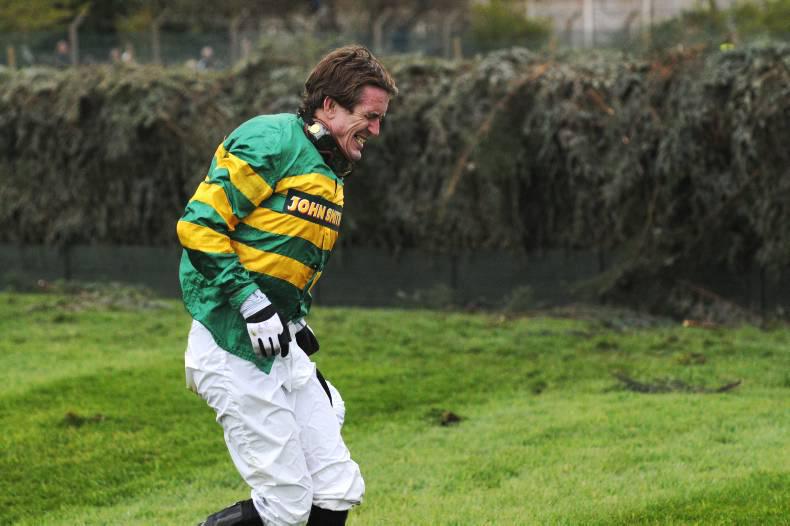



 This is a subscriber-only article
This is a subscriber-only article
 It looks like you're browsing in private mode
It looks like you're browsing in private mode




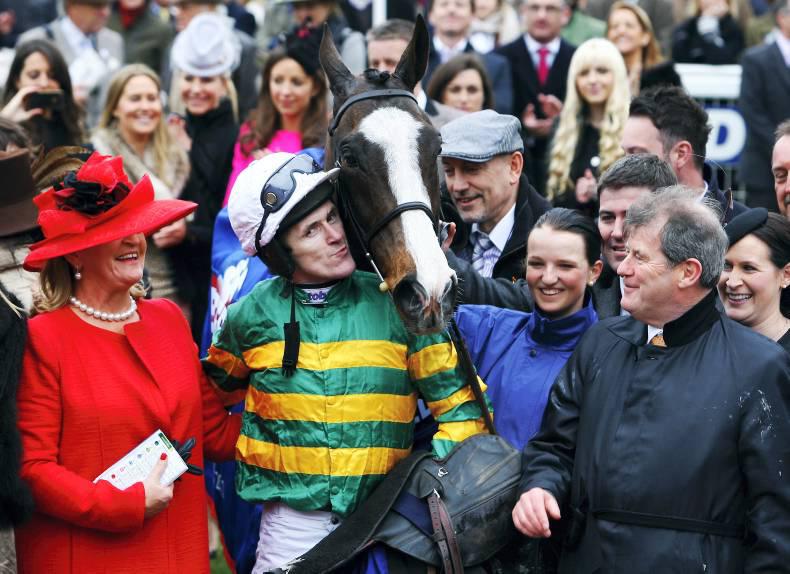
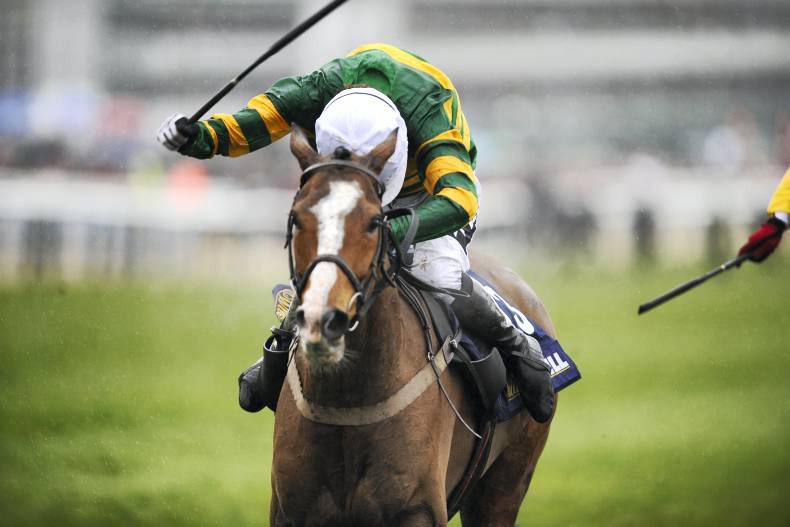
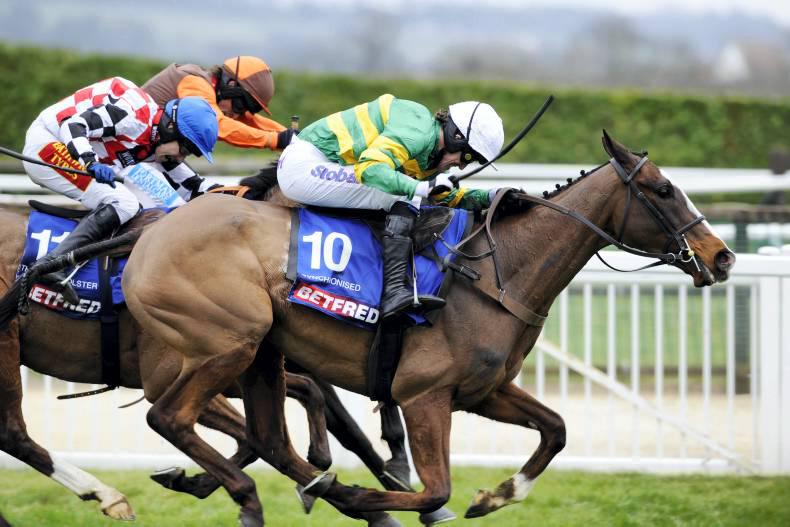
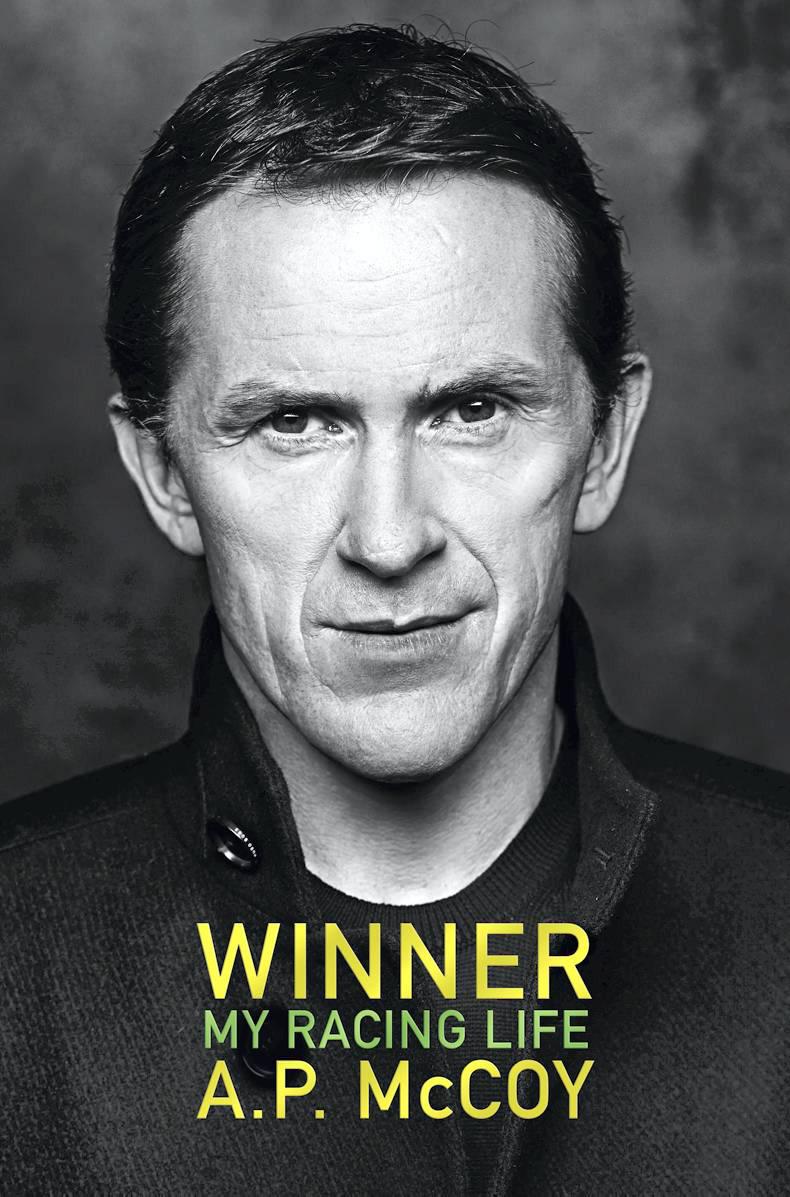

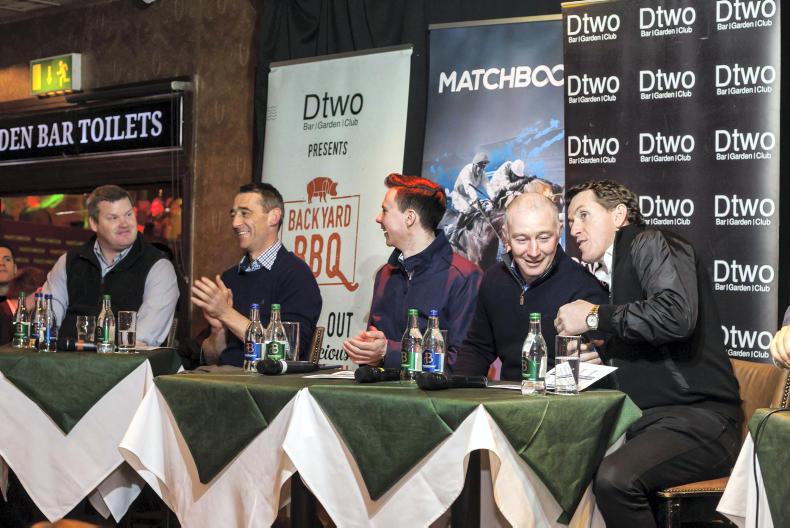

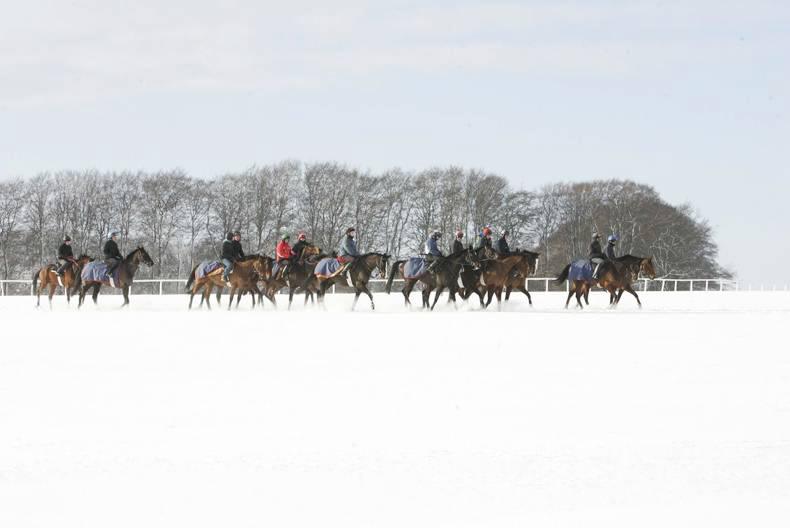
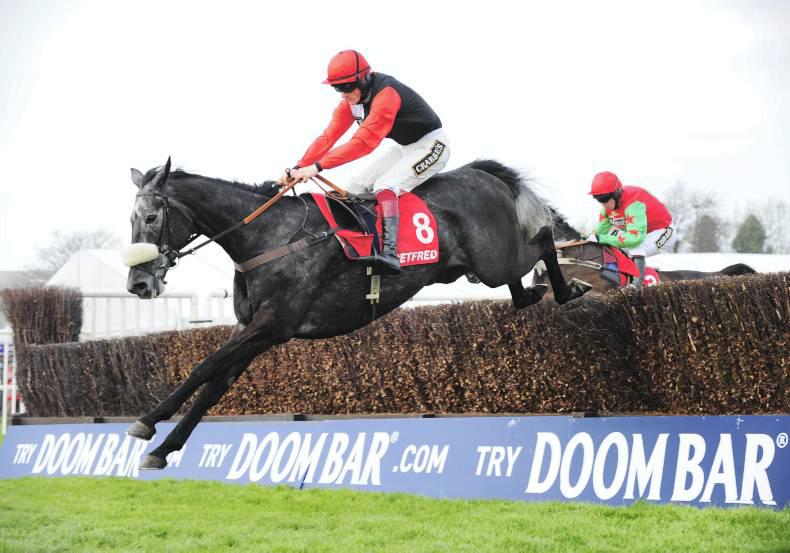

SHARING OPTIONS: